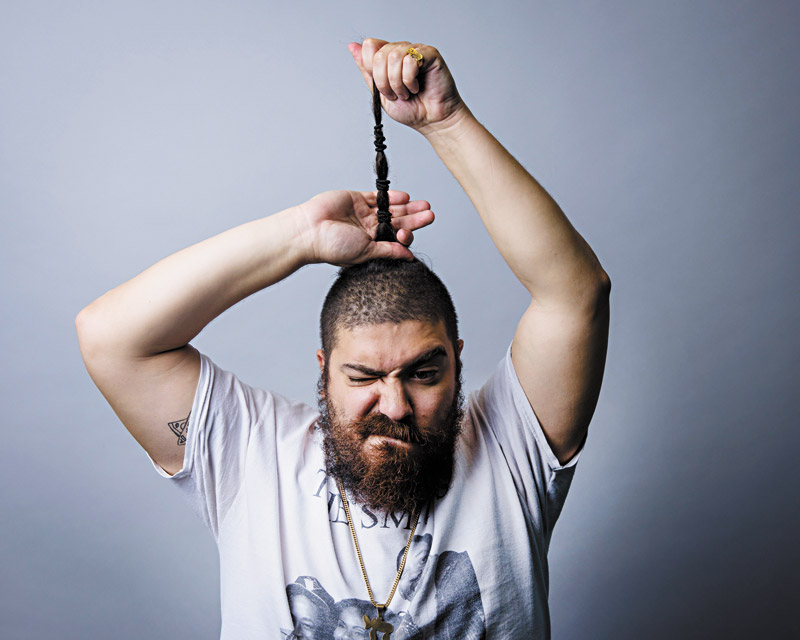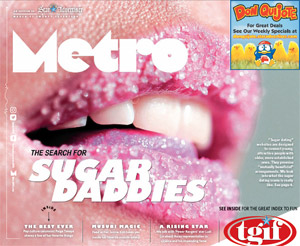Savage AF

Instagram meme aggregator Josh Ostrovsky (@thefatjewish) faced a lawsuit last year regarding re-posting memes AP PHOTO
There was a brief period in college when I entertained the notion of studying English through the lens of social media.
Purists and those more resistant to change may bemoan the rise of emoji, haphazard abbreviations and rampant disregard for conventional English, but I find it all fascinating.
Lately I’ve been very interested in memes and the way they evolve with time. We’ve moved on from the days of Socially Awkward Penguin or Philosoraptor, to a large extent, to a new breed of meme.
Nowadays the common thing is a reaction image accompanied by witticisms like “when you send someone a five-minute video and two minutes later they reply with ‘that video was dope'” (with a photo of a skeptical DJ Khaled) or “when you take your girl out for dinner and she orders water” (a smiling picture of Terry Crews).
That’s probably a clunky explanation, but if you’ve spent any time on Facebook or Instagram lately, you’ve definitely seen similarly formatted memes. (A lot of them star Caveman SpongeBob for some reason.)
What I find most interesting — more so than the format, anyway — is the distinctly racial and sexist undertones of many of these memes. There’s a lot of pushback against “social justice warriors,” of course, with frequent cracks about “did you just assume my gender” and other mocking treatments. “If I had $1 for every gender out there, I’d have $2” is a common refrain.
Women are almost universally portrayed as unstably jealous, hypercritical and moody. There’s also a general trend that assumes fidelity is the exception rather than the norm (everyone is someone’s bae as well as someone else’s side piece; true love is rarer than a flying pig).
I also feel that it is often assumed that the “speaker” of each meme is black, partially because of the colloquial-isms employed, and partially because most first-person memes tend to use black celebrities (like Drake or Kobe Bryant) as the reaction image.
White people are the butt of a thousand jokes in memes, yes, but other minorities are relegated strictly to the Obvious Racial Joke is Obvious category, as all the Asian memes I’ve seen are about eating dogs and having good grades.
The way audiences react to these memes is also interesting. There’s no discussion, in most cases — people simply tag a friend, often with no other context or explanation or even a “lol.” They were made to be shared, and only that, it seems.
The same memes get re-posted onto different accounts over and over, too, defying copyrights and ownership and milking a surprising amount of longevity. It raises interesting questions about authorship and audience. Who is making all these memes, and who has the rights to them? It can result in legal troubles, too — like last year when the Instagram-famous Josh Ostrovsky (better known as @thefatjewish) faced a lawsuit claiming that he plagiarized others’ jokes by re-posting memes on his account without credit.
And how much does race and gender factor into their creation and consumption? How do they manage to slip under the radar of public offense so easily?
Memes are really very interesting, if we think about them critically. It’s a new window into a familiar world. Think about that the next time you’re scrolling away.
PTAKEYA@MIDWEEK.COM
TWITTER: @LORDMAYOCLOUD

